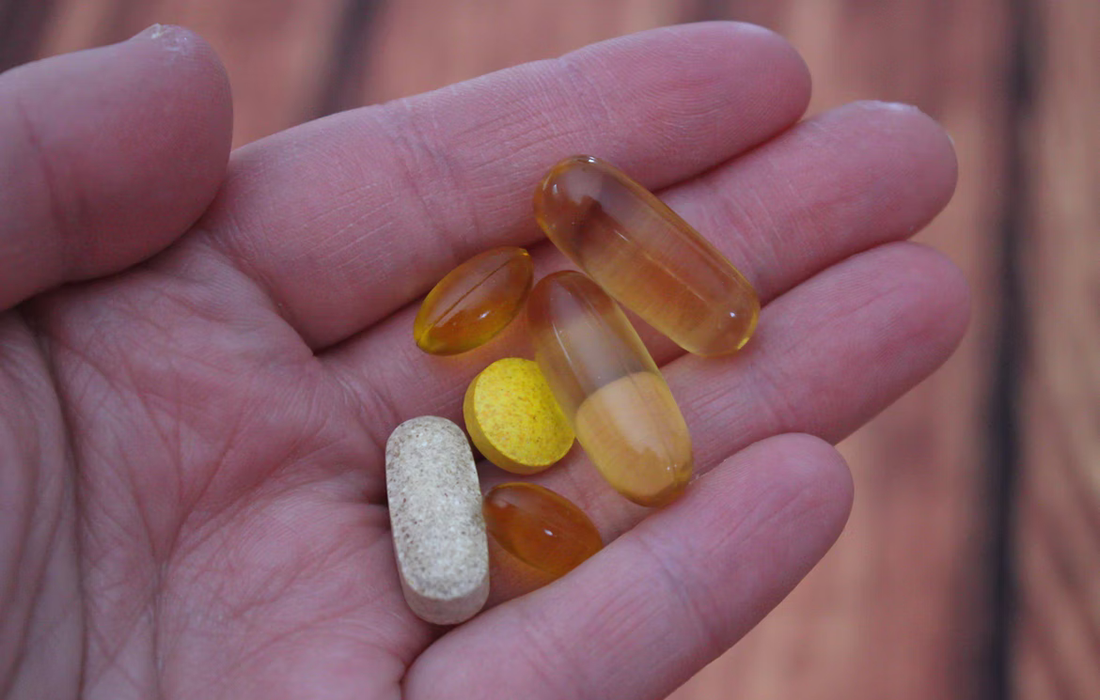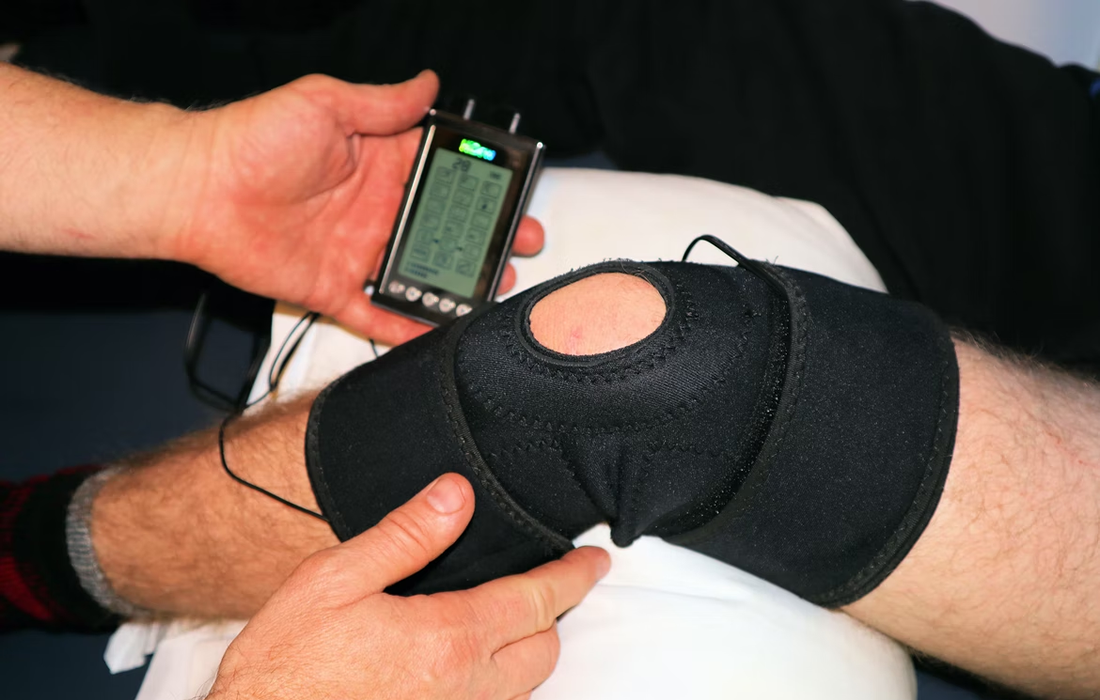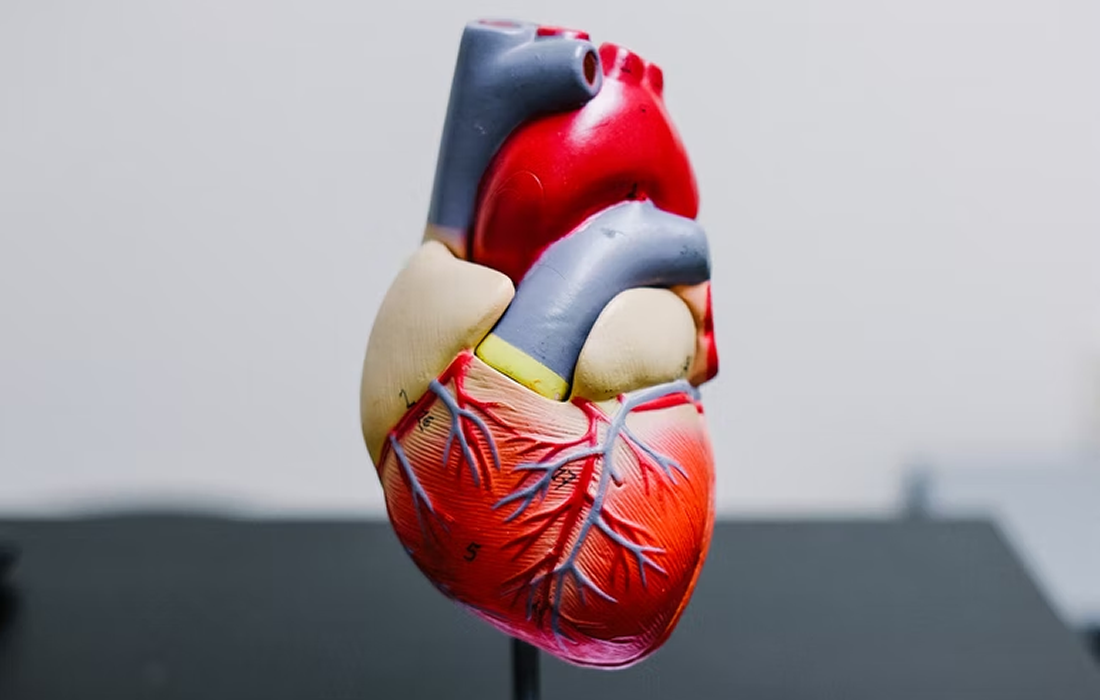Multiple sclerosis (MS) is a neurodegenerative disease that affects about 2.8 million people globally. In MS, the immune system attacks the protective sheath (myelin) that covers nerve fibers and causes communication problems between your brain and the rest of your body. Eventually, the disease can cause permanent damage or deterioration of the nerves. Recently, a […]
Author Archives: Francisco Fernandez, MD
A good night’s sleep plays an important role in our health and cognitive function, it not only helps maintain good overall health, but it also helps in maintaining our psychological health. As we get older, we can start having alterations in our sleep patterns, which are thought to contribute to cognitive decline and psychiatric disorders […]
Older adults (aged ≥60 years) are the fastest-growing age group in the world and are projected to represent 1 in every 4 adults by 2050. Aging is associated with a progressive loss of muscle mass and strength that manifests as reduced physical activity performance and endurance capacity, imposing a burden on both the individual and […]
Strength training increases muscular strength and hypertrophy, and provides numerous other positive health benefits, including improved functional ability, cardiometabolic risk profile and well-being. A lot of people refrain from performing strength training and other forms of exercise, and as much as a quarter of the world’s population are at risk for developing health-related conditions linked […]
Polycystic ovary syndrome (PCOS) is the most common cause of ovulation disorders, hyperandrogenism, and infertility due to ovulatory dysfunction. It affects more than 7% of chilbearing age women. PCOS is also associated with obesity in 80% of cases and with metabolic syndrome with insulin resistance in 30-40% of cases. The hyperglycemia causes and inhibition of […]
Platelet-rich plasma (PRP) consists of two elements: plasma, or the liquid portion of blood, and platelets, a type of blood cell that plays an important role in healing throughout the body. Platelets are well-known for their clotting abilities, but they also contain growth factors that can trigger cell reproduction and stimulate tissue regeneration or healing […]
There is growing evidence that moderate alcohol consumption adversely impacts brain health, which contradicts earlier claims that moderate alcohol consumption could be beneficial due to some compounds in it. The pathological mechanisms by which alcohol is not yet well understood. One possibility according to some research is that iron overload contributes to alcohol-related neurodegeneration. For […]
Exercise is defined as any movement that makes your muscles work and requires your body to burn calories. Being active has shown to have many health benefits. It can help increase your physical and mental health and even help us live longer. Physical exercise and sleep are reciprocally related through multiple physiological and psychological processes. […]
Heart disease continues to be the leading cause of death in the U.S. One of the main reasons is because unlike other organs in our body the heart cannot repair itself properly after an injury. One area of research is the generation of organs using bioengineering technology. To build a heart researchers need to replicate […]
Regenerative medicine has yet to designate biomarkers that can identify patients likely to respond to a stem cell therapy based on their expression of a clinical or molecular profile congruent with the therapeutic mechanism-of-action (MOA) of the stem cell for that condition, while withholding treatment from likely non-responders. Richard E. Hartman, et al. addressed that […]










